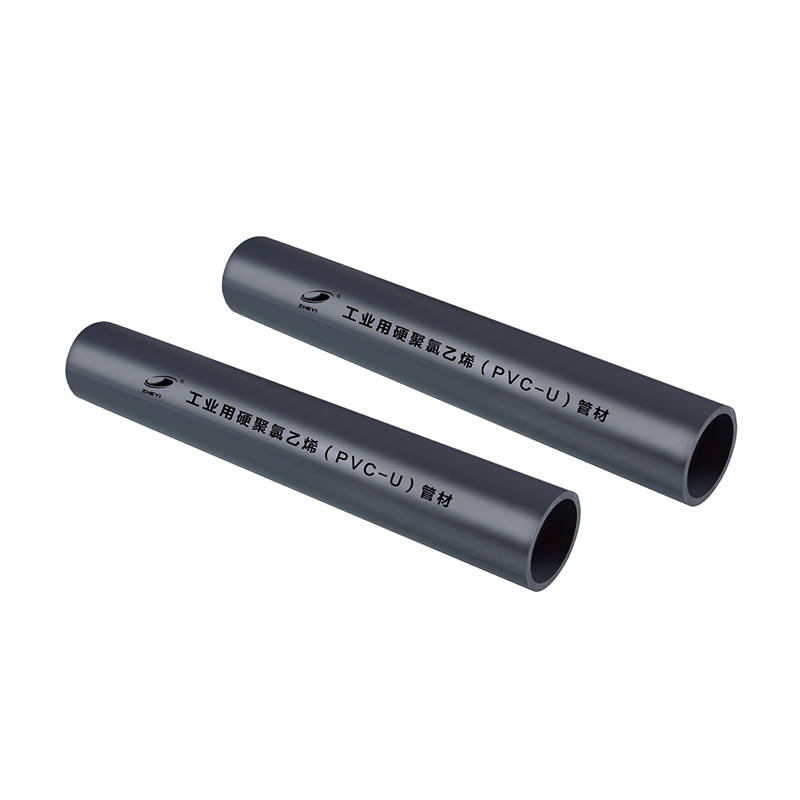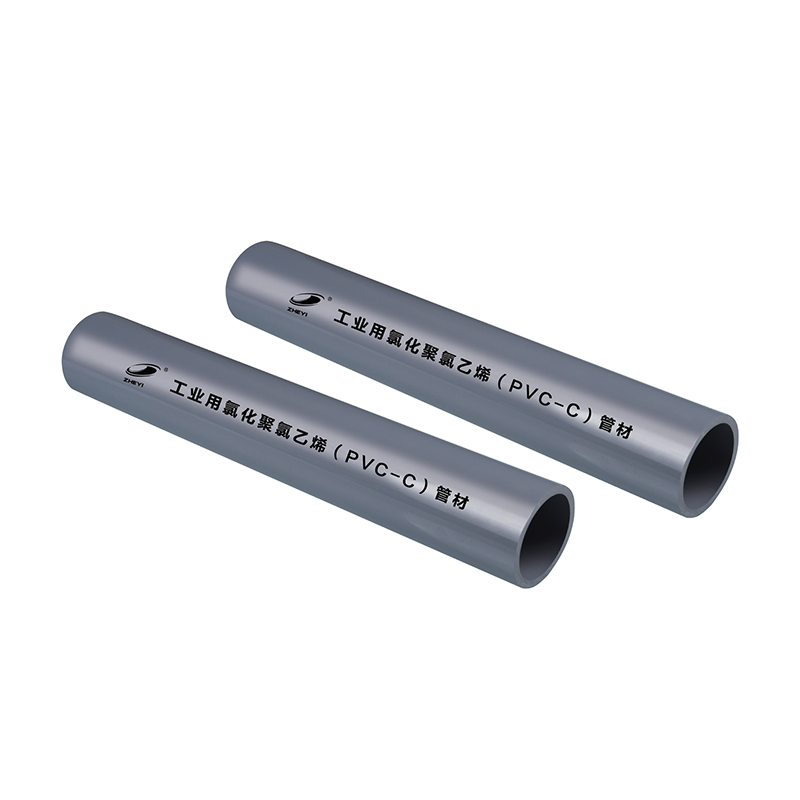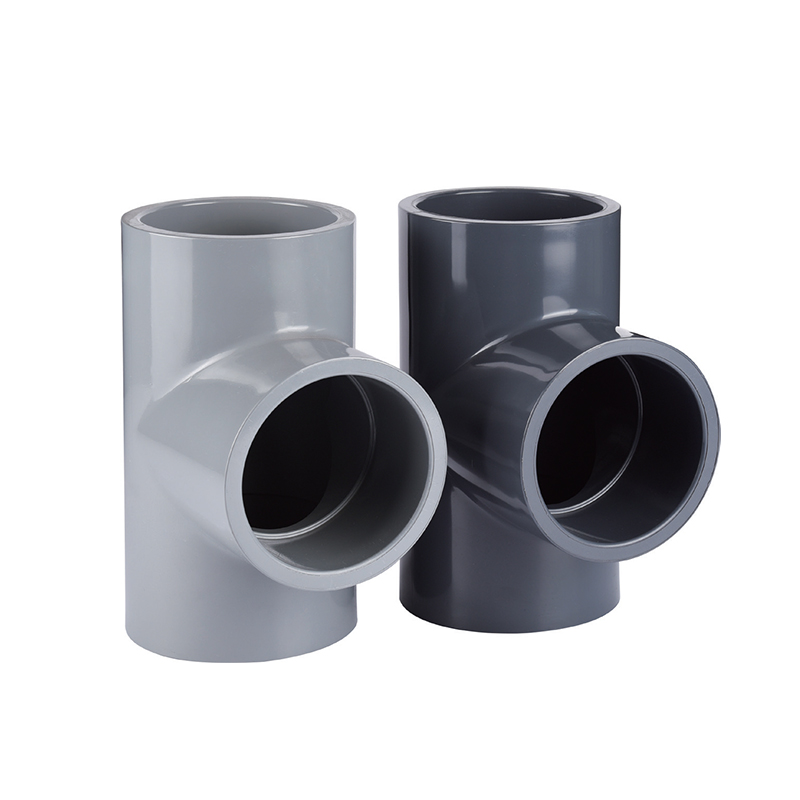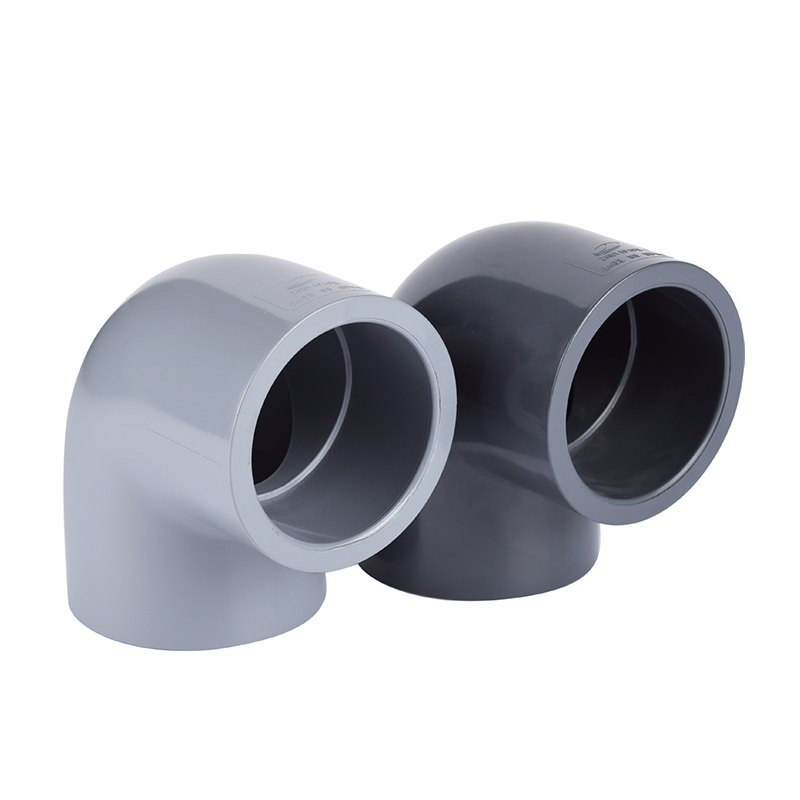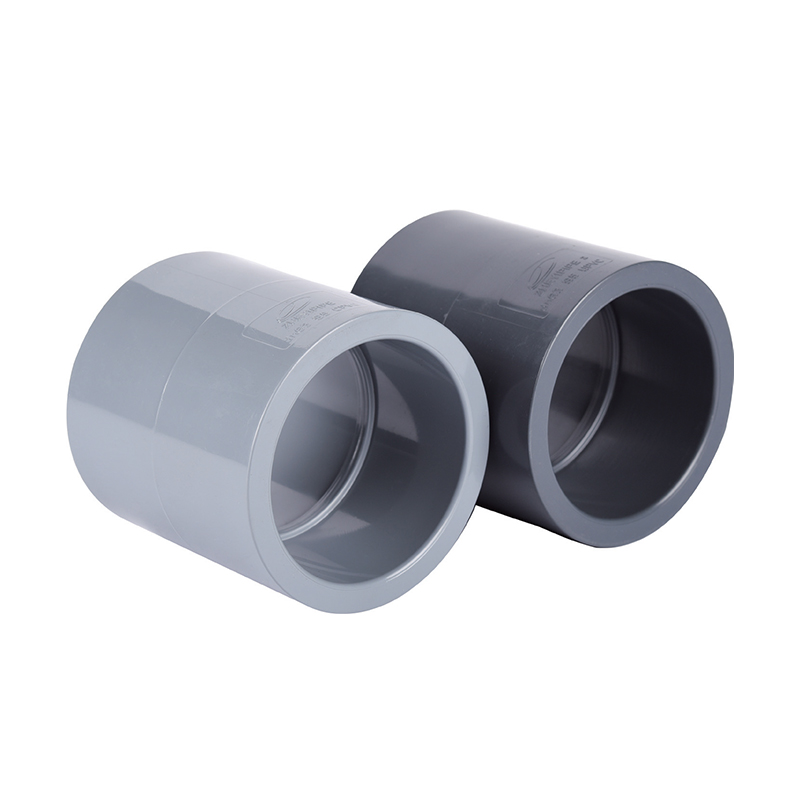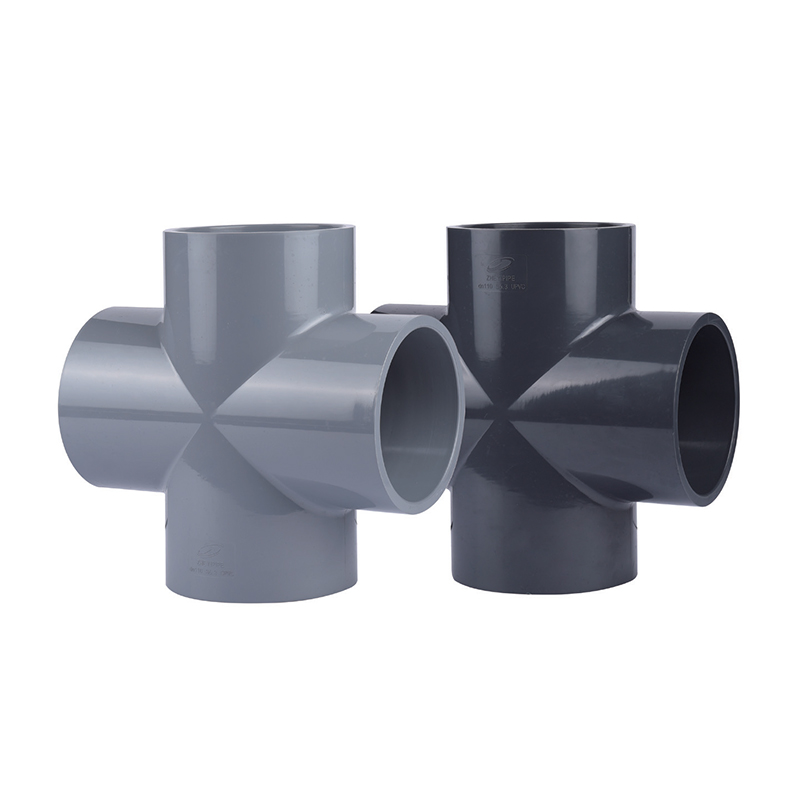The demand for UPVC and CPVC valves in the chemical and lithium battery industries continues to grow due to their corrosion resistance, durability, and cost-effectiveness. These valves play a critical role in handling aggressive chemicals, high-purity electrolytes, and lithium-based compounds. Below, we explore three key applications where UPVC and CPVC valves excel, ensuring safe and efficient operations.

UPVC/CPVC Ⅱ Ball Valve
Lithium battery manufacturing involves highly corrosive chemicals, such as lithium hexafluorophosphate (LiPF6), sulfuric acid, and organic solvents. Standard metal valves often degrade quickly, leading to leaks and contamination.
Why UPVC Valves?
Excellent chemical resistance to acids, alkalis, and solvents.
Non-reactive surface, preventing contamination in electrolyte processing.
Lightweight yet durable, reducing maintenance costs.
Applications:
Electrolyte filling systems
Chemical dosing in battery production
Waste acid handling
By using UPVC valves, manufacturers ensure long-term reliability while minimizing downtime due to valve failures.
Lithium hydroxide (LiOH) is a key raw material in battery production, but it is highly caustic and requires leak-proof, abrasion-resistant valves.
Why UPVC Ball Valves?
Smooth bore design prevents clogging in slurry transfer.
Bubble-tight shutoff ensures no leakage of hazardous LiOH solutions.
High-pressure rating for industrial-scale transfer systems.
Applications:
Lithium hydroxide slurry transport
Battery cathode material processing
Chemical reactors in lithium refining
UPVC ball valves offer superior performance compared to metal alternatives, which may corrode or react with lithium compounds.
While CPVC valves are known for handling higher temperatures than UPVC, they are also a cost-effective solution for lithium battery plants looking to balance performance and budget.
Advantages of CPVC Valves:
Higher thermal resistance (up to 200°F/93°C), suitable for heated chemical processes.
Lower installation cost compared to stainless steel or PVDF valves.
Resistant to chlorinated solvents used in battery electrolyte formulations.
Applications:
Battery electrolyte mixing and storage
Cooling systems in battery production
Chemical injection lines
For manufacturers seeking affordable yet reliable valve solutions, CPVC valves provide an optimal balance of performance and cost savings.
Whether it's UPVC valves for corrosive lithium processing, ball valves for lithium hydroxide transfer, or low-cost CPVC valves for battery production, selecting the right material ensures longevity, safety, and efficiency.
Key Takeaways:
UPVC – Best for acidic and solvent-heavy processes.
CPVC – Ideal for higher temperatures and budget-conscious applications.
Ball Valves – Optimal for slurry and high-purity chemical transfer.


 +86-15258772971
+86-15258772971
 dinys009@163.com
dinys009@163.com

 English
English 한국어
한국어 Español
Español عربى
عربى


